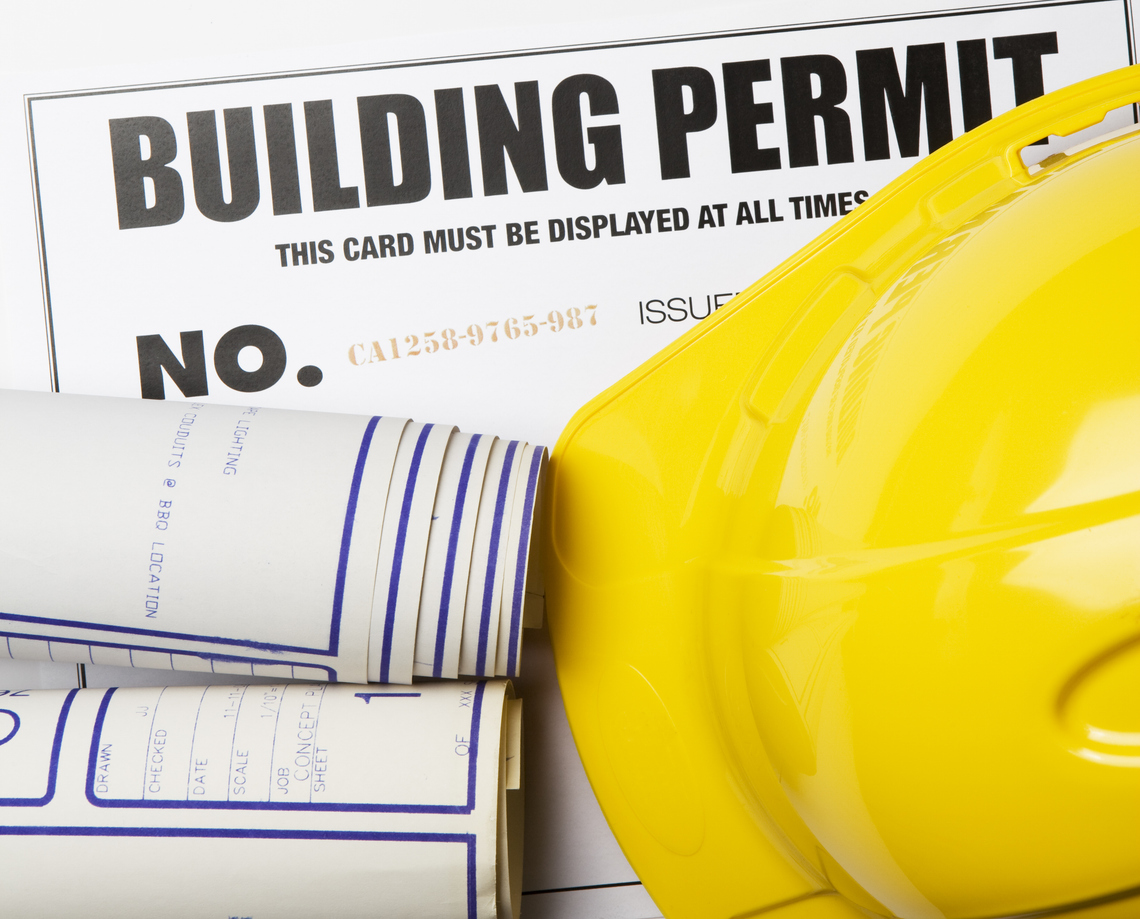A recent Texas Administrative Proceeding involving a public adjuster1 highlighted what public adjusters have to fear if investigated by a Department of Insurance. In the Texas case, here were the areas of inquiry:
1. Failure to Maintain a Place of Business that is Accessible to Public and to Maintain Records (Tex. Ins. Code § 4102.106) and Failing to Keep Complete Records of Transactions (Tex. Ins. Code § 4102.110)
2. Using a Different Name than Licensed (Tex. Ins. Code § 4102.162); Failure to Timely Register Assumed Names and/or Offices (28 Tex. Admin. Code § 19.902(c))
3. Failure to Prepare Claim in Accordance with Terms and Conditions of Contract (Tex. Ins. Code § 4102.102)
4. Knowingly Divulging Information Obtained to Another Person (Tex. Ins. Code § 4102.153)
5. Seeking Commissions and/or Accepting Payment for Services Mr. Matysek Did Not Provide (Tex. Ins. Code § 4102.104(a), (d))
6. Unauthorized Practice of Law (28 Tex. Admin. Code § 19.713(b)(7); Tex. Ins. Code § 4102.156)
7. Misrepresentations to an Insured or an Insurance Company (28 Tex. Admin. Code § 19.713(b)(3)); Material Misrepresentation, with Intent to Deceive, of the Terms of an Insurance Contract (Tex. Ins. Code § 4102.201(a)(6)); and Fraudulent Transaction (Tex. Ins. Code § 4102.201(a)(7))
8. Failure to Conduct Business Fairly with Clients, Insurance Companies, and the Public (28 Tex. Admin. Code § 19.713(b)(1))
9. Communications Harmful to the Profession (28 Tex. Admin. Code § 19.713(b)(9))
10. Failure to Have Appropriate Knowledge and Experience (28 Tex. Admin. Code § 19.713(b)(6))
11. Incompetence or Untrustworthiness (Tex. Ins. Code § 4102.201(a)(8)); Failure to Meet Requirement Regarding Trustworthiness and Moral Character (Tex. Ins. Code § 4102.053(a)(4))
The case facts are quite bizarre. The discussion about the unauthorized practice of law by a public adjuster caught my attention:
Licensed public insurance adjusters must not engage in the unauthorized practice of law. A licensee may not render service or perform acts that constitute the practice of law, including the giving of legal advice to any person in the licensee’s capacity as a public insurance adjuster.
Texas Government Code § 81.101(a) defines ‘the practice of law’ to mean ‘the preparation of a pleading or other document incident to an action or special proceeding or the management of the action or proceeding on behalf of a client before a judge in court as well as a service rendered out of court, including the giving of advice or the rendering of any service requiring the use of legal skill or knowledge, such as preparing a will, contract, or other instrument, the legal effect of which under the facts and conclusions involved must be carefully determined.’ In the context of insurance adjusting, ‘[a]n opinion concerning the valuation, whether it be repair cost or replacement cost, of a damaged piece of property’ does not constitute the unauthorized practice of law.
In the present case, Mr. Matysek discussed events as being grounds for legal action. With regard to the Graffs, Mr. Matysek discussed with his clients and Safeco that violated policy terms were grounds to ‘seek action’ against Safeco and stated a claim would be within the statute of limitations. With regard to Mr. Tran, Mr. Matysek claimed he may seek a ‘special hearing in court’ for ‘actions under the consumer bill of rights,’ ‘a discrimination claim,’ and ‘interstate commerce violations.’ With regard to the Pricketts, Mr. Matysek stated to his client and HOAIC that there was ‘clear evidence of breach of contract, breach of fiduciary responsibility, falsifying claims information, obstruction[,] [r]acism, prejudice[,] [t]respassing, and collusion.’ Mr. Matysek admitted that he ‘sometimes [has] to give legal advice.’ While Mr. Matysek’s statements went beyond an insurance adjuster’s domain of offering an opinion on repair cost or replacement cost, the evidence does not show Mr. Matysek claimed to be an attorney. Mr. Matysek’s statements appear to be baseless or empty threats of lawsuits, which are inadvisable, but by themselves do not constitute the unauthorized practice of law. Further, Mr. Matysek did not prepare any legal documents or claim to render any service requiring legal skill or knowledge. Therefore, the ALJ concludes that insufficient evidence was presented to establish Mr. Matysek violated 28 Tex. Admin. Code § 19.713(b)(7) or Tex. Ins. Code § 4102.156.
Public adjusters who prepare notices of intent to file suit2 or provide Civil Remedy Notices of Insurer Violation3 are practicing law and should be ready to lose their licenses. These are statutory legal documents in Texas and Florida.
I would suggest public adjusters study How Adjusters Should Avoid The Unlicensed Practice of Law, where I stated:
I am attaching a paper I wrote four years ago, The Unlicensed Practice of Law and How to Avoid It. This is a follow-up to this morning’s post warning that public adjusters should not fill out a civil remedy notice of insurer violation for a policyholder because that would be practicing law. Now a number of people are calling with questions, which this paper should more fully explain, if you care to research this topic in greater detail.
I fully appreciate that when you tell somebody that they cannot do something, a lot of us will try to prove you wrong. That is the American way and the way a lot of success has been brought about—a lot of us love challenges.
Nevertheless, it is still very sound for lawyers to remind others that all of us must follow the law or be ready to pay the consequences for failing to do so.
I am not the public adjuster police. But, if you are acting as a public adjuster and practicing law, the insurance company adjusters have a duty to turn you in, and you should expect that to happen. You will lose your license. You cannot complain about the insurance adjusters for your violation of your ethical misconduct.
Thought For The Day
God works wonders now and then; Behold a lawyer, an honest man.
—Benjamin Franklin
_______________________________________
1 Tex. Dept. of Ins. v. Matysek, No. 2022-7218, SOAH Docket No. 454-19-6623.C (Tex. Comm. Ins. Feb. 9, 2022).
2 Chapter 542A Notice Letters: Why Texas Public Adjusters Should Not Write Them, Prop. Ins. Coverage Law Blog.
3 Public Adjusters Who Write Civil Remedy Notices Can Lose Their Licenses, Prop. Ins. Coverage Law Blog.




